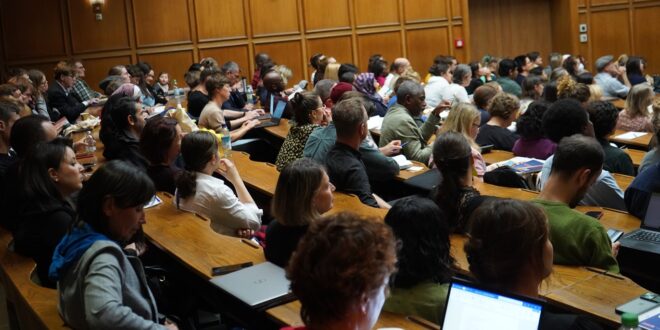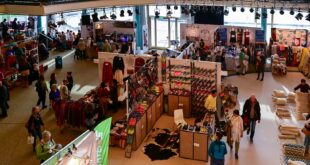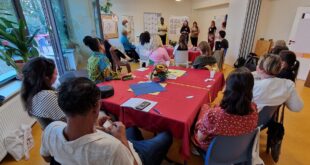The 5th Conference of the German Network for Forced Migration Studies took place from 16-18 September in Bonn, bringing together over 400 participants from around the world for in-depth discussions on forced migration.
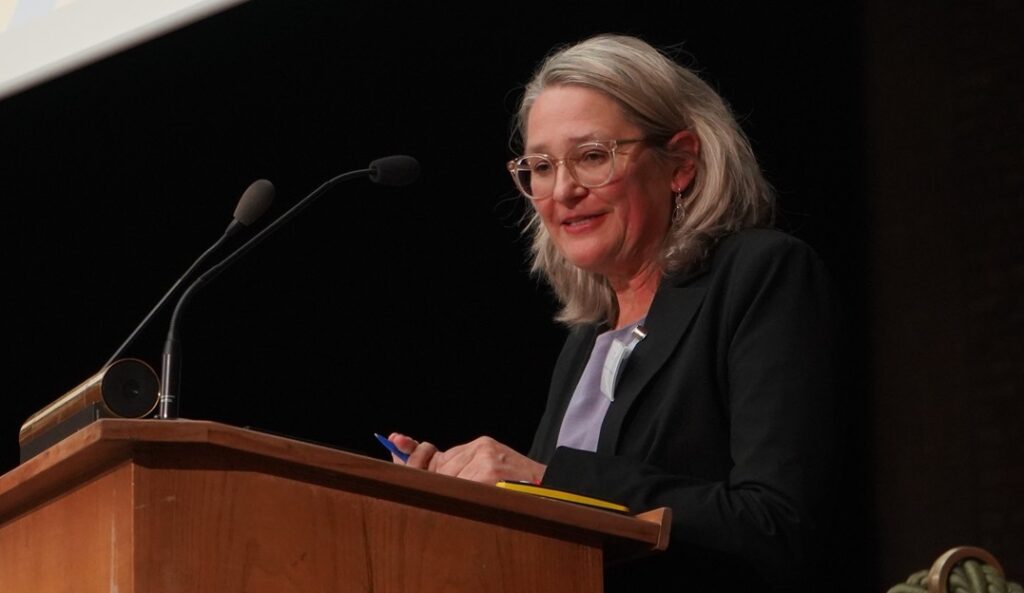
Researchers, practitioners, students, and stakeholders, including refugee and migrant organizations, explored the many dimensions of forced migration.
Featuring 75 sessions consisting of panels, roundtables and workshops as well as poster presentations, the three-day conference aimed “to shed light on the global, regional and local contexts of forced migration and displacement, including the causes and trends that force people into mobility, but also immobility.”
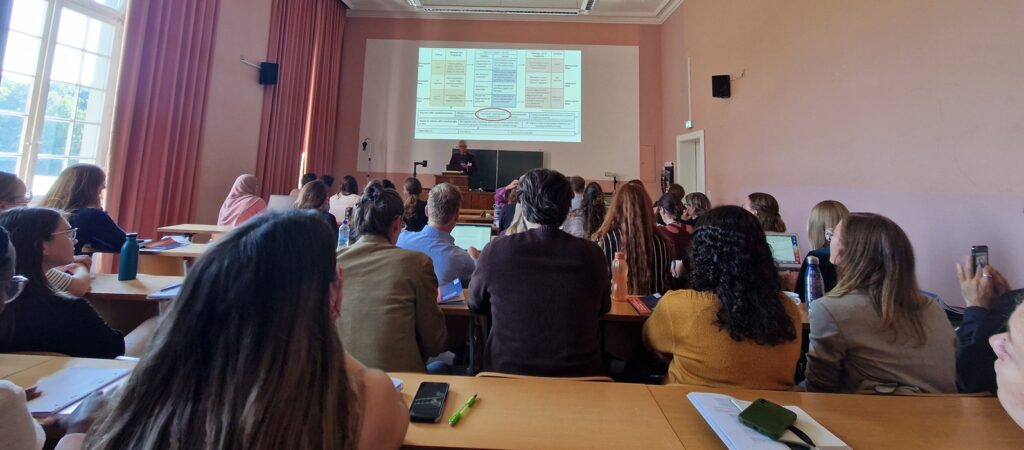
As a journalist covering migration, integration and diaspora issues, I paid particular attention to presentations in these areas.
Tightening asylum rules amid far-right pressure
A key concern discussed at the conference was the increasing restriction of asylum policies across the EU, driven largely by the growing influence of far-right political parties. This has led to a competition among countries to see who can implement the strictest asylum regulations.
Bernd Parusel from the Swedish Institute of European Policy Studies highlighted how Sweden, once one of the most generous countries for asylum-seekers in Europe, is now adopting restrictive measures to make itself less attractive to those seeking protection. For instance, private accommodation for refugees has been replaced by collective housing in camps. Furthermore, the recognition criteria for asylum have been toughened and only temporary residency permits which can be withdrawn are now issued, with no pathway to permanent residency for those granted protection.
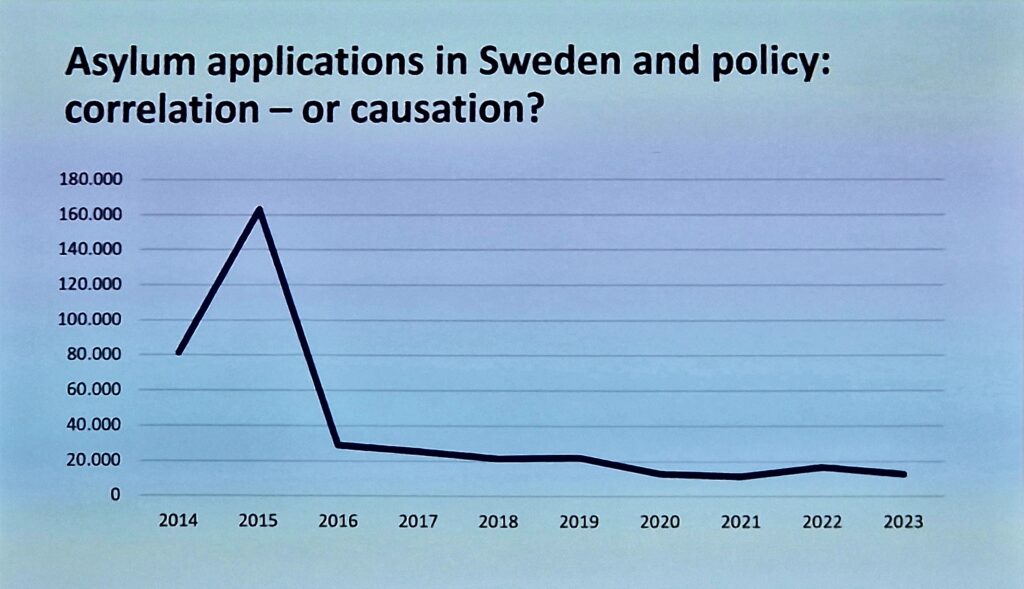
These policies have resulted in a significant decrease in the number of asylum applications, Parusel said.
Germany, despite implementing some progressive policies under its current coalition government, is also taking measures to deter asylum-seekers. These include launching a “return offensive” to deport people required to leave the country, extending the period of reduced benefits and introducing the Bezahlkarte (payment card) as the system of providing financial support instead of cash.
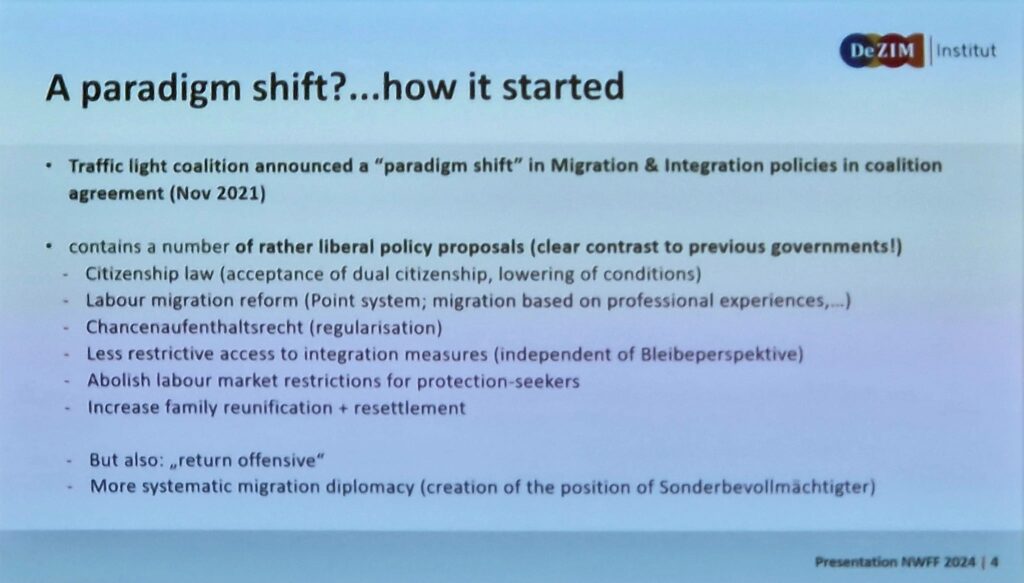
On 16 September, Germany introduced border controls at all nine of its land borders, a move aimed at preventing entry by people without valid travel documents.
The step, which will last for the next six months, is part of measures being adopted to demonstrate an official hardline on migration, following a heated debate on asylum policy, partly triggered by the terrorist attack in Solingen in August and the rising popularity of the far-right Alternative for Germany, AfD.
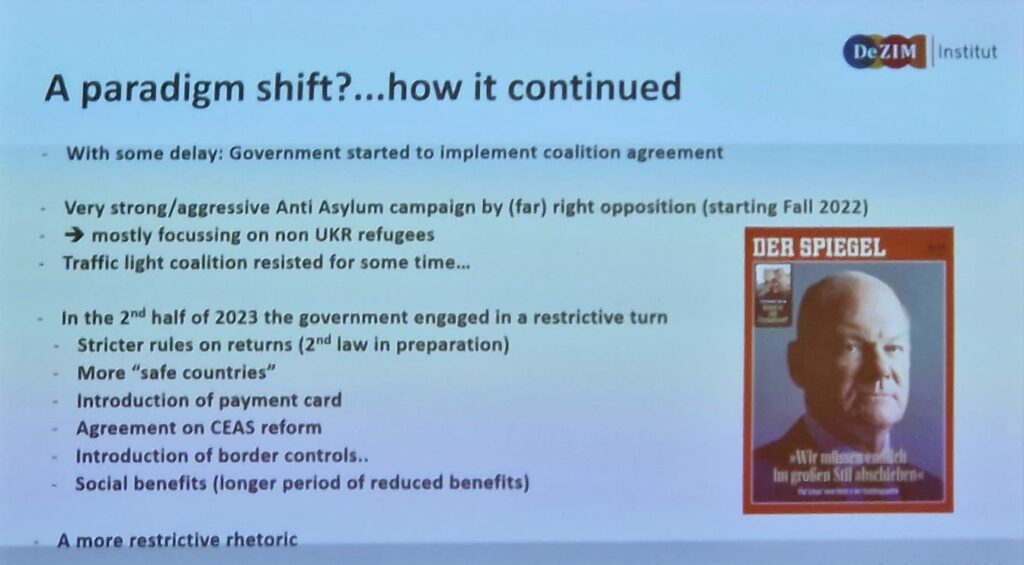
Ten other Schengen area countries have also reinstated border controls this year, citing concerns over terrorism and irregular immigration.
These developments are largely a response to the rise of far-right parties, with mainstream political groups increasingly adopting the rhetoric and policies of right-wing populists.
And the strategy appears to be working, as data show a steady decline in the number of asylum-seekers arriving in countries tightening their rules. Parusel warned that the focus on reducing “pull factors” is fueling a “race to the bottom” as European countries increasingly try to make their asylum systems as unwelcoming as possible
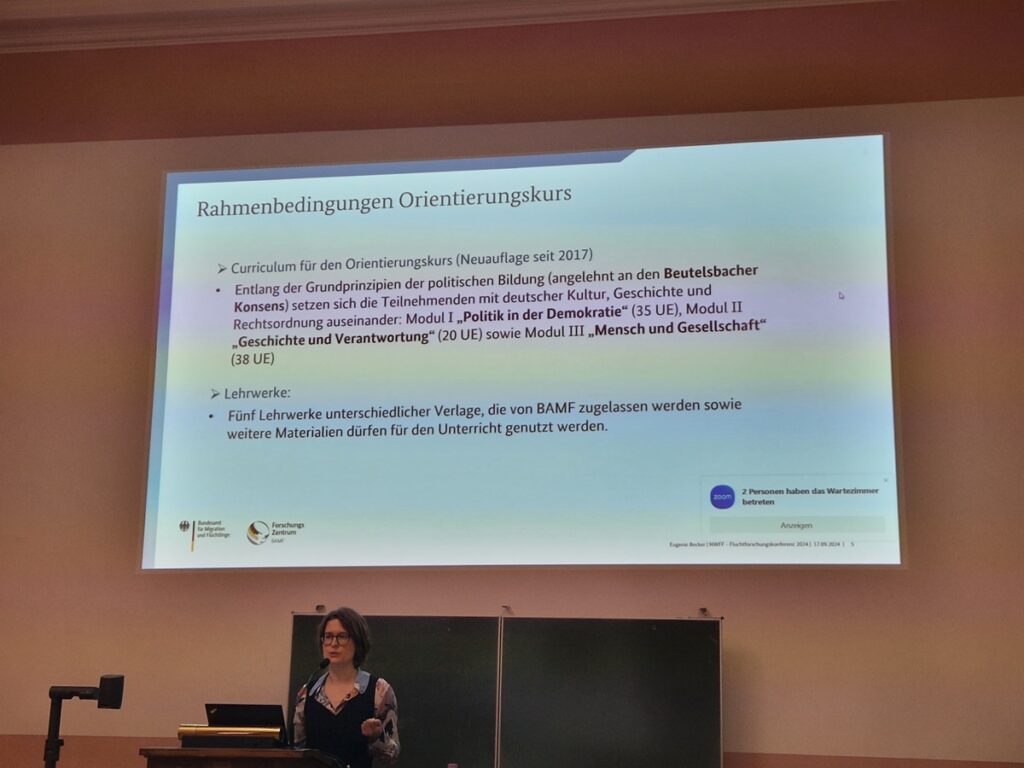
The Dutch government, just before the conference, announced its plan to introduce “the strictest asylum regime ever” to drastically reduce asylum-seeker numbers. Remarkably, the Netherlands is even considering withdrawing from the Common European Asylum System, a surprising move for an EU founding member. Hungary has also echoed similar sentiments.
As Parusel put it, “the race to the bottom is on.” How far it will go remains uncertain, but it is clear that asylum-seekers in Europe will face increasing barriers.
Skilled Worker Immigration: A Paradox?
While asylum rules are being tightened, Europe is simultaneously liberalising its labour migration policies to attract skilled workers from non-EU countries. Several conference presentations focused on the recruitment of healthcare professionals from countries such as Albania, Kosovo, Turkey, and Indonesia, highlighting the challenges for both the sending and receiving countries, as well as for the migrant workers themselves.
These challenges include non-transparent recruitment processes, difficulties with settlement and integration, and the need for targeted measures to support the successful integration of skilled migrants into society and the workplace.
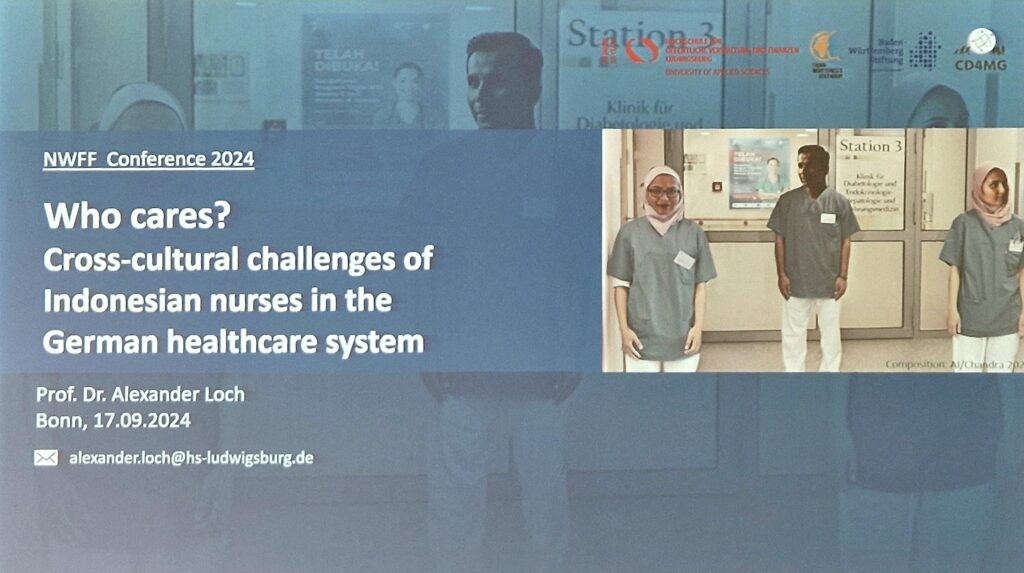
Speakers emphasized the importance of government-to-government agreements between sending and receiving countries to ensure that labour migration results in a win-win outcome for both sides.
The departure of healthcare workers, for instance, often negatively affects the quality of healthcare in their home countries.
Researchers from the West currently dominate the study of skilled migration, but it’s time for scholars from sending countries to explore how best to maximize the benefits of health worker emigration while minimizing its disadvantages.
Indonesia, for example, produces more nurses than it can employ, while the Philippines deliberately trains health workers for emigration. These are strategies to avoid shortages in sending countries.
Regularisation: Humane and Rational Solution
Regular pathways to legal residency in destination countries can help reduce irregular migration. However, hundreds of thousands of migrants in Europe are still living in legal limbo without residency rights, according to a session on regularization.
In Germany, for instance, about 230,000 people are obliged to leave the country but cannot be deported for various reasons. While the federal government has introduced laws such as the Chancenaufenthaltsgesetz to address this issue, more needs to be done.
An effective and humane solution would be a sweeping amnesty programme, accompanied by integration measures, to allow the beneficiaries to fully participate in society and the job market.
Migrant Participation in Bonn
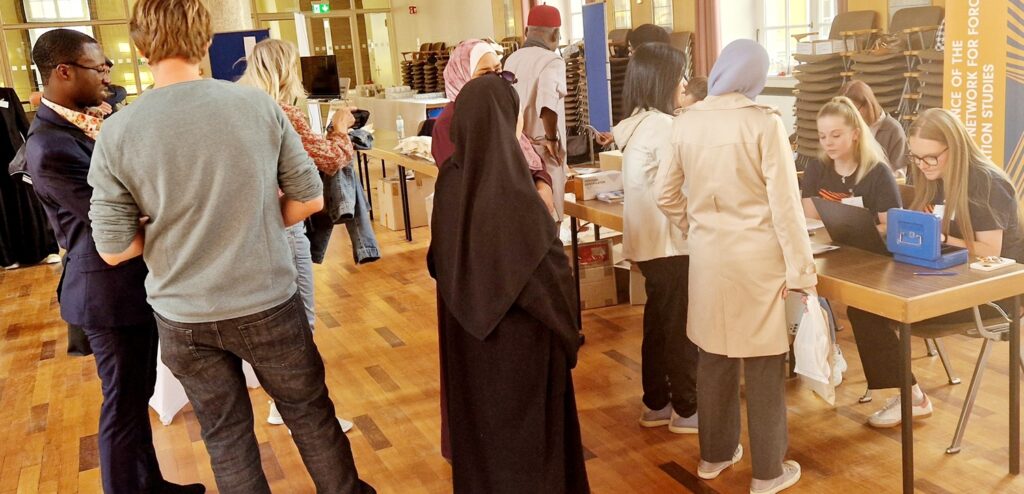
There was a visible presence of scholars from across the globe, especially from the Global South, as well as representatives of refugee and migrant organisations in Bonn.
For the first time, a refugee organisation, the European Coalition of Migrants and Refugees (EU-COMAR), co-organized the event.
EU-COMAR also hosted the closing session, where journalists with migration backgrounds and lived experiences of displacement shared their observations and engaged with the audience.
The co-organization of the event by EU-COMAR, a migrant-led organization, is expected to have positively influenced the quality of the discussions and conclusions.
As Ms Shaza Alrihawi, co-chair of EU-COMAR, noted at the conference’s opening, involving people with lived experiences of displacement enriches the knowledge produced at such gatherings. Moreover, it helps ensure that recommendations are humane and just for all stakeholders.
Bridging Research and Policy
The conference opened with a keynote address by Tamirace Fakhoury, a Lebanese-German academic and professor at Tufts University. She explored the complex relationship between academic research and public policy on migration, using practical examples to show how policymakers often disregard research findings for political convenience.
One session, titled “The Irrationality of Flight-Migration Policy: How Facts and Myths Influence Policy”, discussed why research is often ignored in policymaking, with a focus on Germany.
Filiz Polat, a Green Party member of the Bundestag, pointed out that experts working with refugees are often ignored due to the political pressure from populist politicians who stigmatize refugees for electoral gain.
Despite these challenges, participants at the Bonn conference expressed hope that the recommendations emerging from their discussions will shape public policies grounded in evidence and expertise.
After all, Dr Roland Philippi, State Secretary at the Federal Ministry of Education and Research, had charged the academics at the conference’s opening, to come up with well-researched recommendations that could lead to viable policies.
Time will tell whether the discussions in Bonn translate into actionable solutions.
In conclusion, it was a rewarding experience to engage with researchers, journalists and other practitioners at the conference. Special thanks to the BICC team, led by Maarit Thiem, for organizing such an insightful event.
Femi Awoniyi
The 5th Conference of the German Network for Forced Migration Studies was collaboratively organised by the German Network for Forced Migration Studies, the joint project “Forced Migration and Refugee Studies: Networking and Knowledge Transfer” and the European Coalition of Migrants and Refugees (EU COMAR). The event was funded by the German Federal Ministry of Education and Research (BMBF).
The local organisation was led by BICC (Bonn International Centre for Conflict Studies), with the support of the Hochschule Bonn-Rhein-Sieg–University of Applied Sciences, Bonn University, the Forum Internationale Wissenschaft and IDOS (German Institute for Development and Sustainability) as well as the Bonn Initiative on Displacement and Migration Research.
READ ALSO International migration conference to actively engage refugees
 THE AFRICAN COURIER. Reporting Africa and its Diaspora! The African Courier is an international magazine published in Germany to report on Africa and the Diaspora African experience. The first issue of the bimonthly magazine appeared on the newsstands on 15 February 1998. The African Courier is a communication forum for European-African political, economic and cultural exchanges, and a voice for Africa in Europe.
THE AFRICAN COURIER. Reporting Africa and its Diaspora! The African Courier is an international magazine published in Germany to report on Africa and the Diaspora African experience. The first issue of the bimonthly magazine appeared on the newsstands on 15 February 1998. The African Courier is a communication forum for European-African political, economic and cultural exchanges, and a voice for Africa in Europe.

